Where water requires the removal of both mineral contamination and bacteria, deionisation can prove very effective. This is because it removes contaminants at the ion level. Cations and anions are removed by the process, and as this occurs, hydrogen and hydroxyl ions are released. The combination of the two forms pure water which can be used for pharmaceutical manufacturing, laboratory testing, cleaning and other processes.
Topics: Deionised Water System
3 Water Purification Solutions To Replace Your Existing Industrial Water Treatment System
When your facility’s water isn’t as pure as you need it to be, or it’s time to replace your equipment, it can be difficult to know which option to choose. There are plenty of good reasons to invest in a new industrial water purification solution, but which one will yield the best results for you? This will depend on the level of purity you require. There are three main types of system to choose from, which we will examine below.
Topics: Water Treatment System, Water Purification Solutions
Proven Ways To Eliminate Bacteria From Your Industrial Water
Bacteria is a common problem with all industrial water systems because there are many factors which can contribute to bacterial growth. The feed water used in industrial water treatment systems is treated with free chlorine to prevent and remove bacteria. However, during industrial water treatment, this free chlorine is removed, thereby increasing the risk of bacterial growth.
Topics: Industrial Water Quality
What Is Water Deionisation - And How To Choose The Right Deionised Water System
Industrial water deionisation can be an excellent alernative to reverse osmosis. The deionisation process can be accomplished in two ways: via the use of charged resin beds, and by using electrical charges.
Deionisation Using Resins
Conventional deionisation (DI) involves the use of chemically-charged resins. These resins reside either in separate chambers, or together in what is known as mixed-bed format. Regardless of the format used, water is treated in the same way; it is passed through a cation resin, where all cations in the water are removed. Then, the water passes through an anion resin, which removes all the water’s anions.
Topics: Deionisation, Deionised Water System
Deionised Water vs. Demineralised Water – Are There Any Real Differences?
The terms ‘deionisation’ and ‘demineralisation’ are often used interchangeably, even by those in the industry. But are there any real differences in DI water vs. demineralised water? Yes, and each process can make a difference to what you may be manufacturing.
Topics: Deionisation, Deionised Water System
RO Water Vs DI Water – Which Is Best For A Food/Drink Manufacturer?
Getting the quality of manufacturing water you need for your food or drink manufacturing facility can be a challenge on even the best of days. You may have recently expanded into the manufacture of new food or drink products, or you may just wish to improve the quality of water you use. Regardless, your choices for the purification of water will come down to two methods: reverse osmosis (RO), and deionisation (DI).
Topics: Industrial Water Quality
The Benefits of Recycling & Recovering Deionised Rinse Water Using An IONMASTER ACTB Deioniser
Most industrial metal and plastics surface finishing process lines include a Deionised water rinse stage. This stage is invariably to rinse the components and ensure that no contaminants are left on the surface of the workpiece.
This process is critical to ensure good surface adhesion for whatever the component is then being coated with.
It is still the practice in many surface finishing processes to use the Deionised water in the rinsing process and then allow it to overflow to drain. This practice has implications in water cost, effluent discharge cost, regeneration and effluent treatment chemical cost, product quality and Deionised water quality.
Topics: Deionisation
What Is Industrial Reverse Osmosis And Can It Help Improve Your Water Quality?
Getting the right standard of manufacturing water you need for your facility is possible using industrial reverse osmosis (RO). This is very effective at removing a number of contaminants in water, and is a very simple process at its core. However, there are also guidelines which must be followed to ensure that the system continues to work correctly.
Topics: Reverse Osmosis
Sanofi as a major pharmacuitical manufacturing Company has to generate large amounts of purified water for many different uses within the production process.
This purified water and the systems that generate it are all validated to the highest pharmaceutical standards.
Topics: Projects
How Does Industrial Reverse Osmosis Work And What Are The Benefits?
Reverse osmosis (RO) systems are being increasingly used by many industries with impressive results. Modern technology has made industrial RO systems capable of removing over 99% of certain contaminants. But how does reverse osmosis work?
Topics: Reverse Osmosis







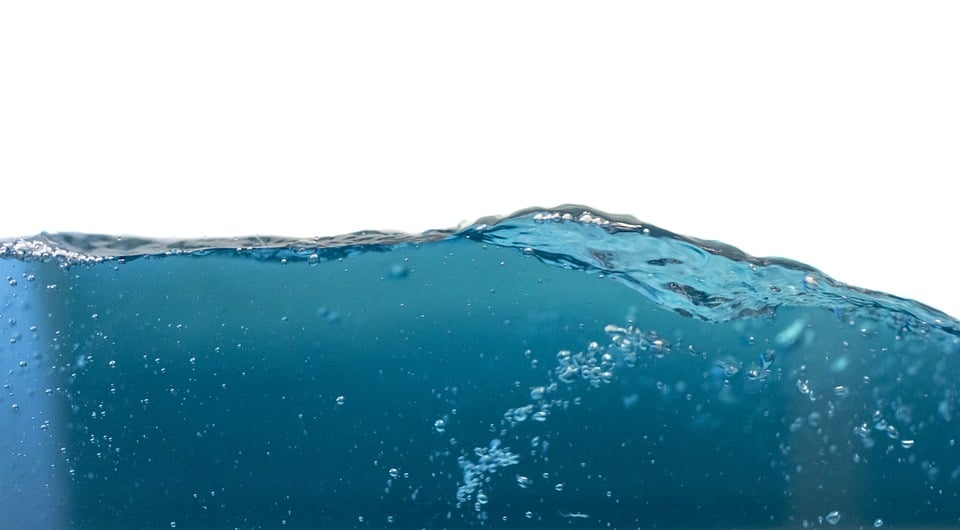
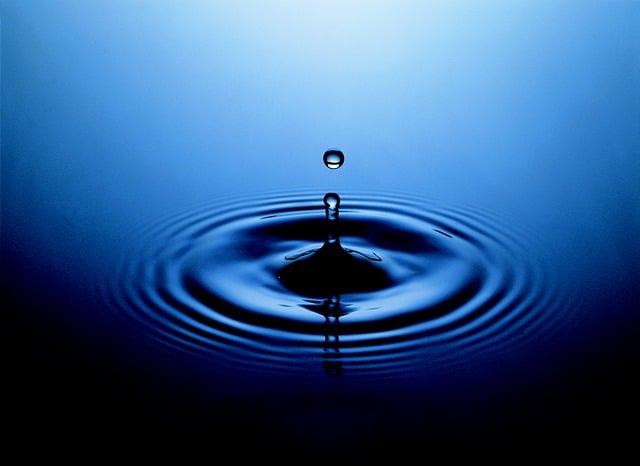
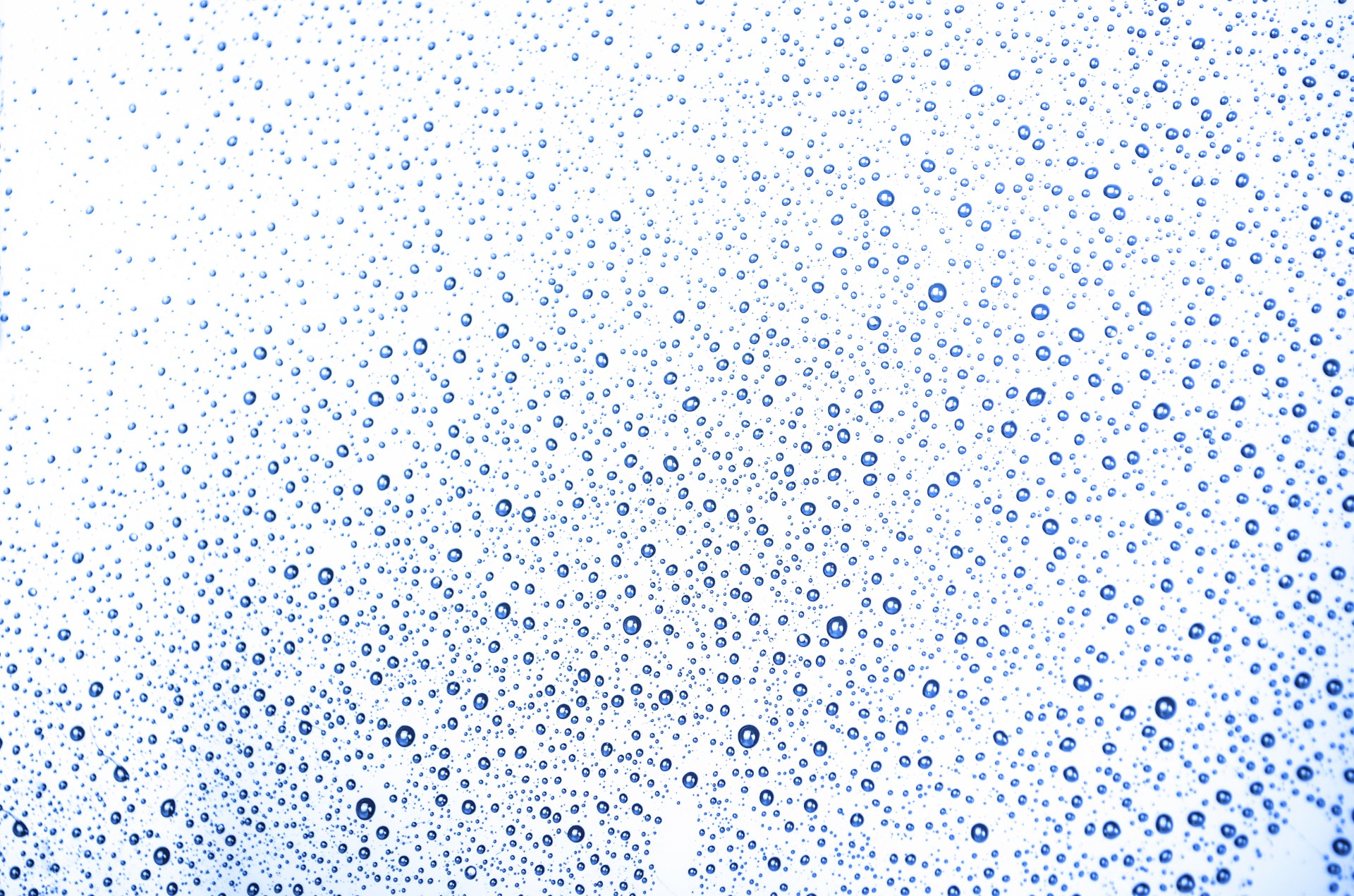
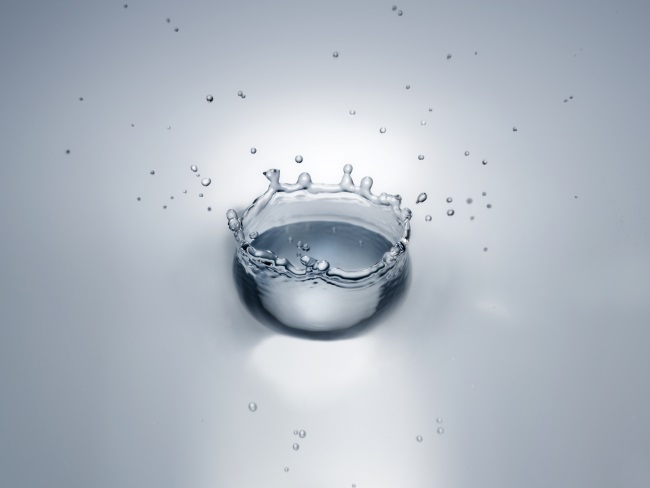
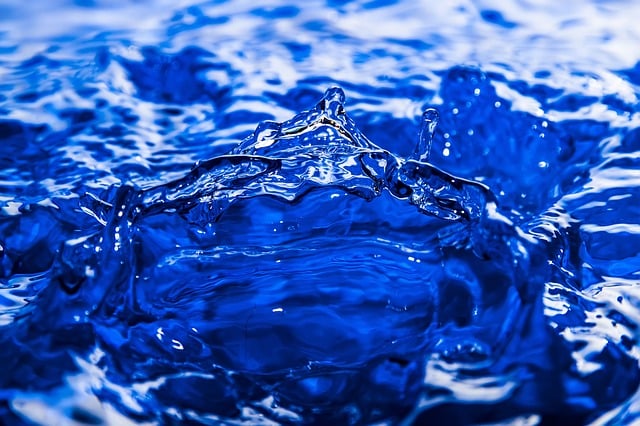
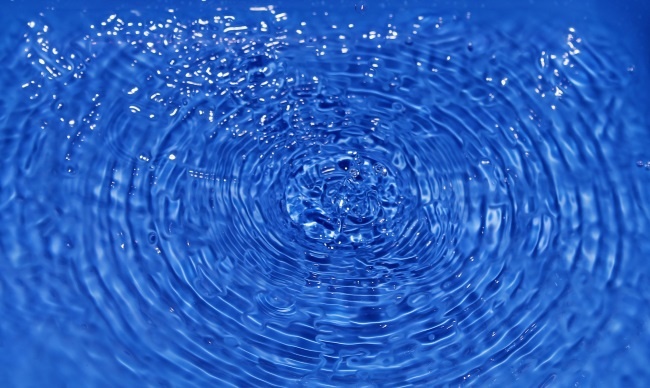
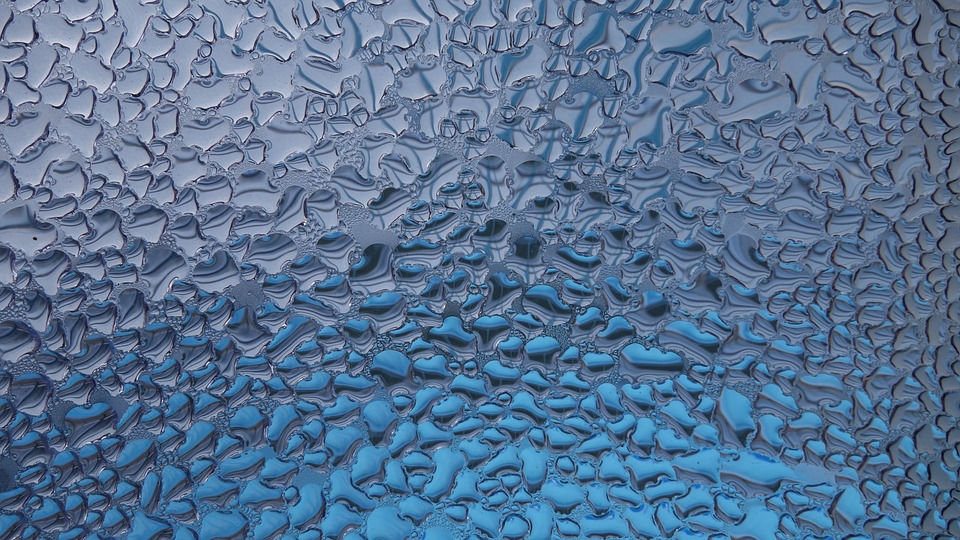

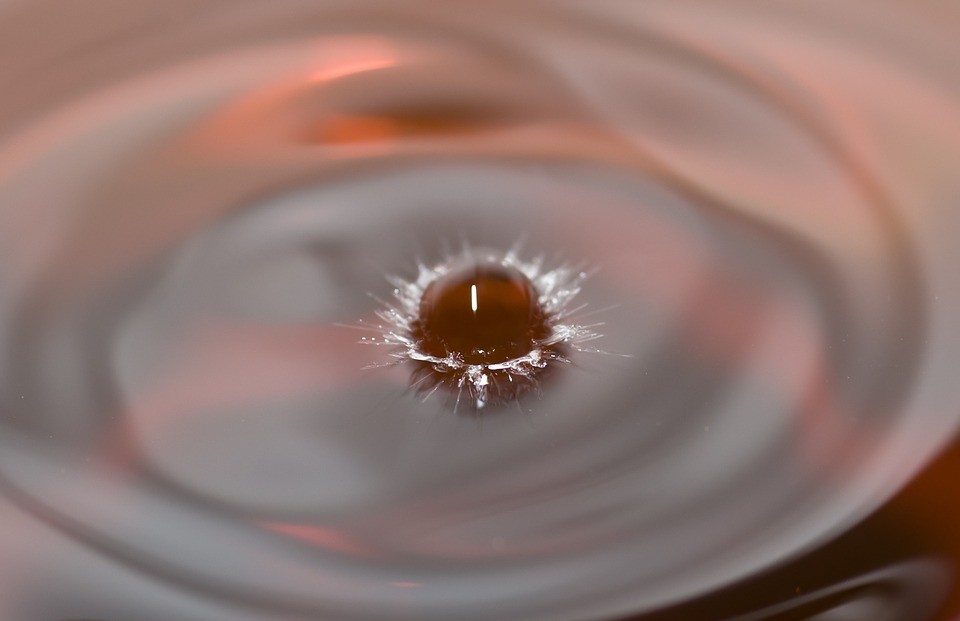
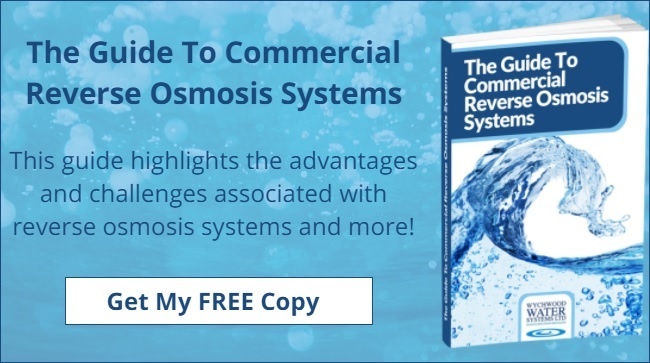

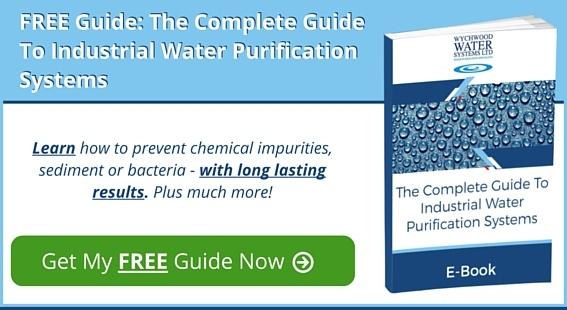
 We are a specialist independent company involved in water purification and water treatment technologies
We are a specialist independent company involved in water purification and water treatment technologies


